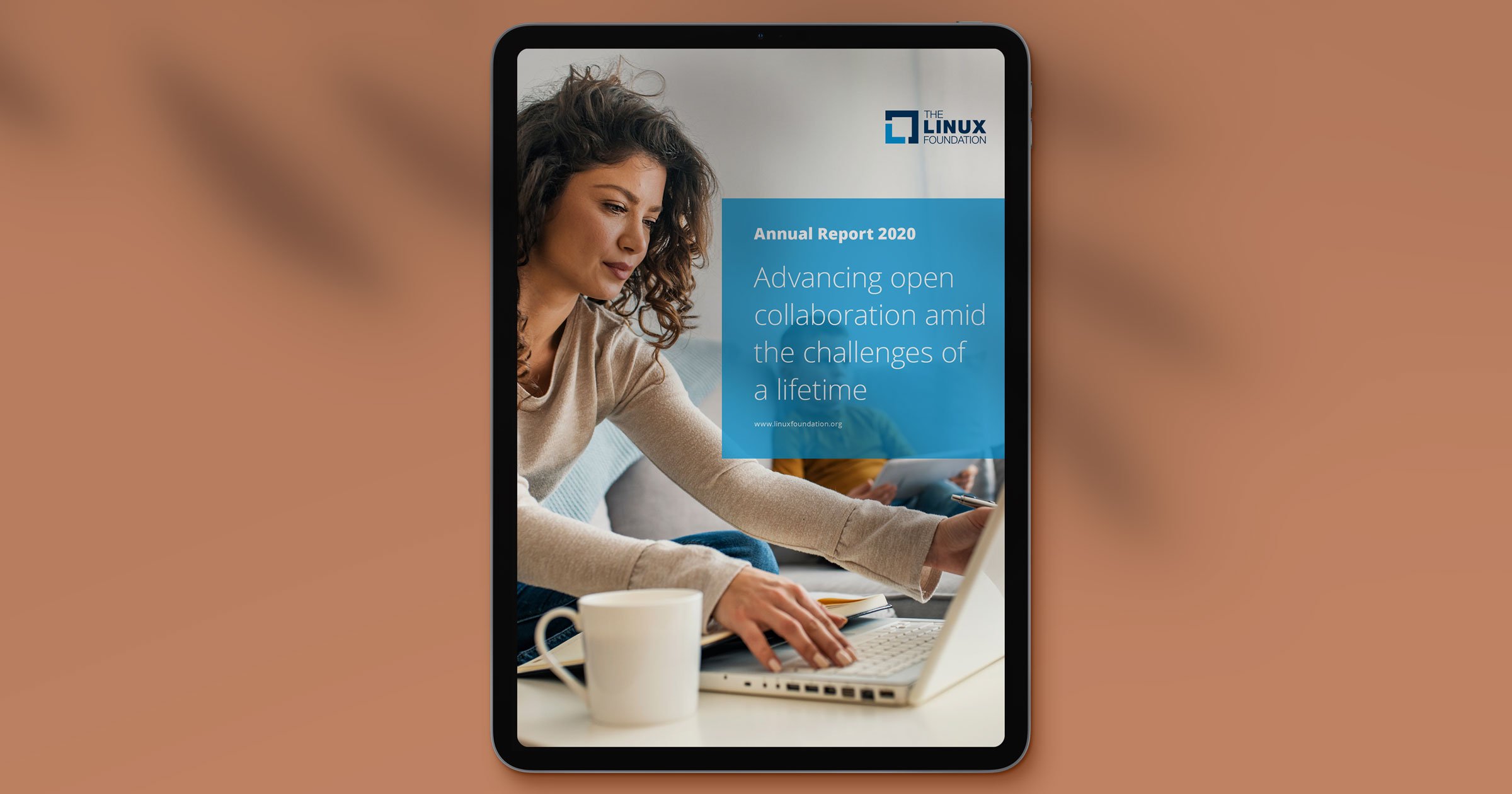2020 has been a year of challenges for the Linux Foundation (“LF”) and our hosted communities. During this pandemic, we’ve all seen our daily lives and those of many of our colleagues, friends, and family around the world completely changed. Too many in our community also grieved over the loss of family and friends.
It was uplifting to see LF members join the fight against COVID-19. Our members worldwide contributed technical resources for scientific researchers, offered assistance to struggling families and individuals, contributed to national and international efforts, and some even came together to create open source projects under LF Public Health to help countries deal with the pandemic.
Our project communities continued to grow this year, with new initiatives across many open technology segments, open standards, open data, and open hardware. We welcomed over 150 new communities to the LF this year, including the FINOS Foundation, which serves as an umbrella home for open source financial services projects.
Our events team had to undergo a significant transformation, pivoting over a few weeks from in-person to virtual events ranging from under 100 to tens of thousands of participants. These virtual gatherings helped many in our communities connect during this difficult time. We also learned much about potentially offering a more inclusive experience by providing hybrid in-person events with virtual experiences in the future. We’ve missed seeing many in our communities in person this year and look forward to seeing you all again when it is safe to do so.
Our training and certification team was able to help over 1.7 million individuals who enrolled in our free training courses. I want to congratulate the more than 40,000 persons who received LF certifications this year.
The LF’s 2020 Jobs Report shows trained and certified open source professionals are in demand and can easily demonstrate their value despite the challenging business environment.
As part of our ongoing diversity efforts and in joining the fight against inequality, our communities are focused on how they use language in their projects and finding mentors to guide the next generation of contributors. Our communities, such as the Linux kernel team and the Inclusive Naming Initiative launched at KubeCon North America, stepped up to enable progress in how we interact.
This year was a breakout year for our Joint Development Foundation and open standards communities. We welcomed six new projects building open standards. JDF has also been approved as an ISO/IEC JTC 1 Publicly Available Specification (PAS) Submitter. This year also marked that our first open standard community, OpenChain, was formally recognized as an international standard through the PAS process. Today the Linux Foundation can take our communities from open source repository to a recognized global standard.
Many in our ecosystem have stepped up to help with security efforts this year. A new community, Open Source Security Foundation (OpenSSF), launched to coordinate efforts focused on improving the security of open-source software.
While we continue to battle challenges in the US, we also reaffirm that the LF is part of a global community.
Our members had to navigate a year of changes in international trade policies and learned open source thrives despite politics. From around the world, our member communities engage in open collaboration because it is open, neutral, and transparent. Those participants clearly desire to continue collaborating with their global peers on challenges large and small.
At the end of a difficult year, all this taken together leaves us assured that open collaboration is the model for solving the world’s most complex challenges. No single person, organization, or government alone can create the technology we need to solve our most pressing problems. On behalf of the entire Linux Foundation team, we look forward to helping you and our communities take on whatever challenges come next.
